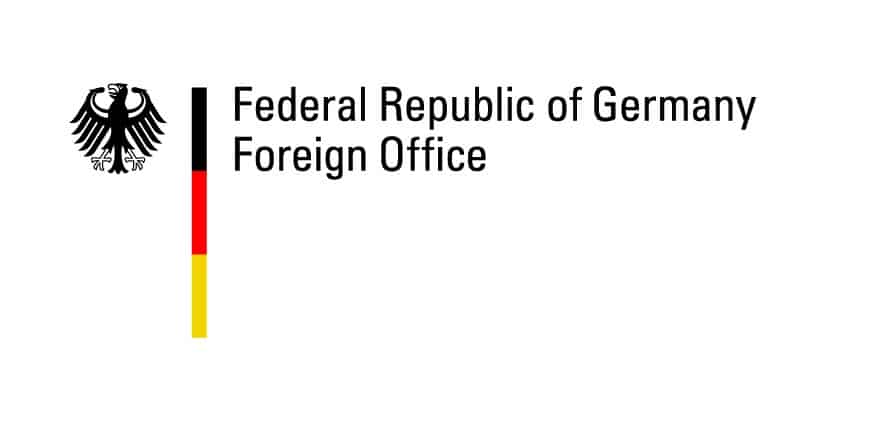Assessment of Laws and Policies on Decentralisation
The combination of weak and partly dysfunctional state structures on the one hand and the rise of the ‘Islamic State’ militia on the other constituted a significant challenge for Iraq. Local and international actors asked themselves how the country could be stabilised.
Before this background the German Federal Foreign Office tasked the Max Planck Foundation to assess the Iraqi laws and policies on decentralisation that aim at reforming the centralised bureaucracy that characterised the country’s administration under the Ba’ath regime and improving governance at the regional and governorate levels. This included an analysis of the degree of their implementation.
As of mid-2015, the practice of the relevant state institutions and actors in Iraq tackled the issue of decentralisation under predominantly technical auspices. Substantial efforts in that respect were already under way. The decentralisation of administrative structures was mainly coordinated through the relevant ministries, particularly the State Ministry for Provincial Affairs. In consequence thereof the establishment of decentralised structures remained largely confined to the administrative sphere. However, the experts of the Foundation identified a significant potential to strengthen the involvement of parliamentary actors. During their talks in Baghdad this issue also was discussed with the latter, inter alia, with regard to the further development of the necessary legislative framework for a comprehensive, effective decentralisation.
Funding

Duration
2015
News Items
Contact

Kathrin Maria Scherr
Email:
Phone: +49 (0)6221 91404 34
(See full profile)
